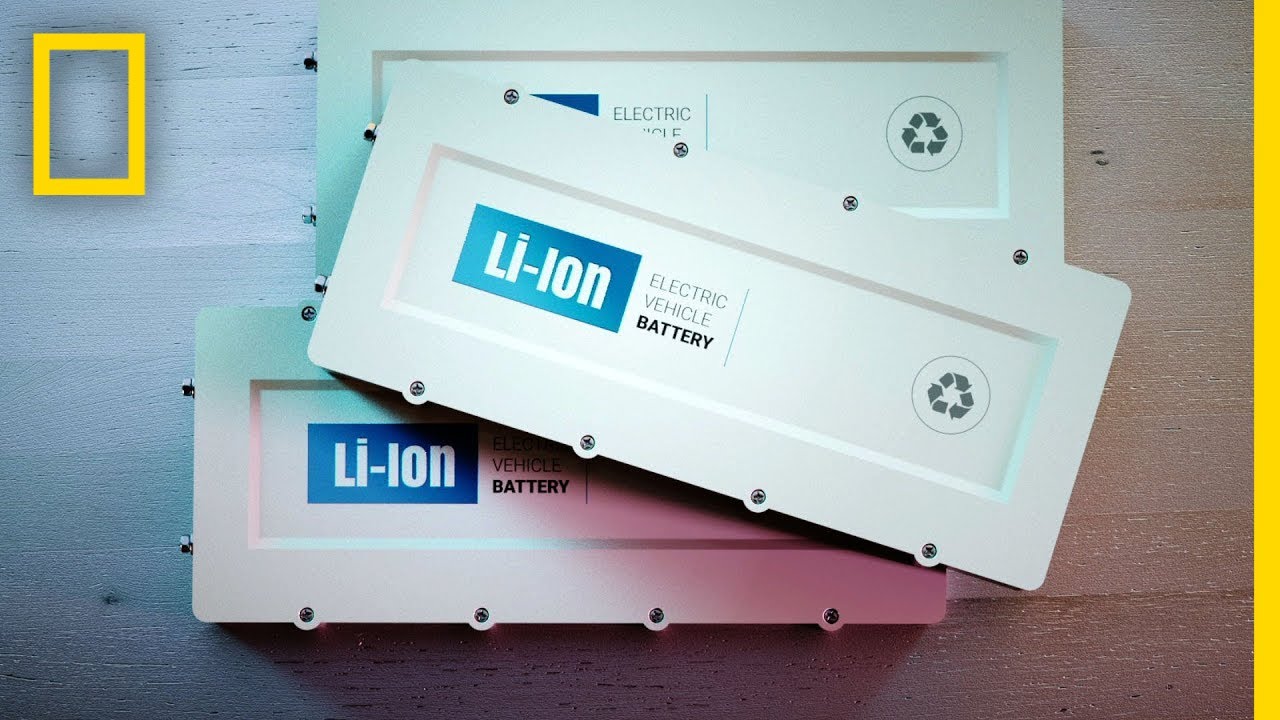It is a metal that floats in water. It sparkles a beautiful red color when ignited. It is found in abundance in sea water and brine, as well as on lands in every continent other than Antarctica. It is lithium, and it is fast outpacing oil as the prime target of New Left environmentalists, even as it pits environmentalists against manufacturers of batteries used to power “environmentally friendly” electric vehicles so loved by the Biden administration.
Major industrial countries across the globe are fighting for ever more access to quantities of this metal, known as “white gold,” but none so seriously or successfully as China.
The battle being waged over lithium production is a serious one, with not only environmental issues at stake, but military and geopolitical ones as well. Despite this, it is not at all certain that the Biden administration will recognize its value and push back against those trying to limit or even halt domestic lithium production.
If the administration treats lithium with the same degree of disdain with which it has targeted oil and natural gas production, however, it will have correspondingly grave consequences far beyond the problems created for the electric vehicle industry.
Discovered and isolated as a unique metal early in the 19th century, lithium until recently was considered a cheap commodity in world markets. Large lithium mines and brine extraction facilities operated largely free from protests in the United States, South America, Australia, China and elsewhere.
Due to its use as a component in the production of nuclear weapons, the U.S. became the world’s largest producer of the light metal in the second half of the 20th century. Following a drop in demand for lithium in the aftermath of the Cold War, worldwide demand has surged in recent years as the world’s major economic powers, especially the United States and China, have pushed for ever-greater production of electric-powered vehicles, almost all of which rely on lithium batteries for power.
This increased demand has raised the environmental and social profile of lithium, with environmental and indigenous groups attempting to halt mining in various states, but especially in Nevada, which has the largest known deposits in the United States. Lithium battles are being waged in other locales as well. As detailed in a recent article in Wired magazine, at an area known as Rhyolite Ridge in California, defenders of plant life are mounting a major offensive against lithium mining, hoping to save a plant that grows there and which they find attractive, but which possesses no economic value whatsoever – “Tiehm’s buckwheat.”
Lithium is one of the most versatile metals, and its value goes far beyond lithium-ion batteries for Elon Musk’s Tesla electric cars and other “smart” devices. Companies that produce some of our military’s key weaponry know its value, for example, as a rocket fuel. Lithium also is a key ingredient in the production of lubricants, including those used by virtually every automobile repair facility and backyard auto mechanic in America.
Despite the many and varied ways lithium benefits all of us, the nascent war against its production hardly registers with the average American voter, though it should.
China a major producer of lithium, and neither President Xi nor the communist country’s ruling oligarchs exhibit the slightest concern for the impact lithium production might have on the environment or on any indigenous peoples’ rights in China or anywhere else. China is pressing ahead unabated with domestic production of lithium not only to meet the needs of its own industries, but as an export commodity as well.
China has been busy buying major interests in lithium producing facilities in other countries, including Australia and South America’s “Lithium Triangle” of Chile, Argentina, and Bolivia (where fully one-half of the world’s known lithium supplies are found).
If eco-radicals and indigenous peoples advocates succeed in pressuring the Biden administration to curtail domestic production of lithium, as they have done with oil and natural gas, the United States will become increasingly – but not surprisingly – dependent on foreign sources of the metal. This avoidable predicament plays directly into the hands of our major adversary on the world stage – China.
Bob Barr represented Georgia’s Seventh District in the U.S. House of Representatives from 1995 to 2003. He served as the United States Attorney in Atlanta from 1986 to 1990 and was an official with the CIA in the 1970s. He now practices law in Atlanta, Georgia and serves as head of Liberty Guard.
Originally published at Daily Caller. Original here. Reproduced with permission.
